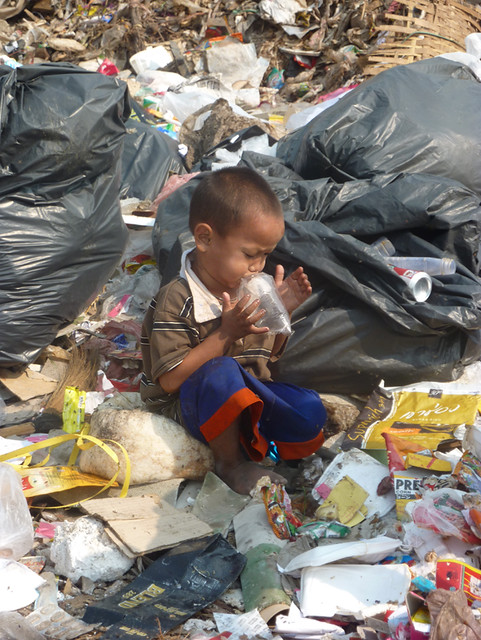Negative effects of plastic on human health

In addition to being a serious risk to our environment and the animals that populate it, plastic is also a danger to humans. To highlight it once more, is the report released by the Center for International Environmental Law (CIEL) which underlines the urgency of adopting the precautionary principle to protect humanity from the pollution of plastics.
In the "health effects" section, the damage to human health caused by plastic is shown throughout its life cycle: from hazardous chemicals released during oil extraction and raw material production to exposure to chemical additives released during the use of plastic materials, to end with the pollution of the environment and of the food that can derive from the release of plastic in the environment.
The impact of any of these substances on human health varies depending on the specific route of exposure to the substance in particular: inhalation: what we breathe; ingestion: what we eat and drink and contact with the skin: what we touch.
Thus, according to the CIEL report, the effects of plastic pollution on human health, especially on vulnerable individuals such as infants, children and pregnant women, can be the following:
- For the extraction and transport of oil, that is to say for the chemical and toxic substances emitted into the air and into the water (such as benzene), there is damage to the immune system, to the sensory organs, to the liver and to the kidneys ; moreover, cancers and intoxication of the neurological and reproductive system are not excluded.
- For the refining and production of oil, through inhalation, ingestion and contact with toxic substances emitted into the air, water and soil (such as Benzene, Styrene etc) cancers, neurotoxicity, toxicity can occur on reproduction, low birth weight and eye and skin irritation.
- For the consumption-use of plastic, there may be damage to the kidneys, the cardiovascular, gastrointestinal, neurological, respiratory and reproductive systems and also cancer, diabetes and toxicity for development.
- For waste management, that is through inhalation and ingestion of toxic substances spread through air, ash and waste (such as heavy metals, dioxins, PAHs), cancers, neurological damage, immune damage, damage to the reproductive system, nervous and endocrine.
- For inhalation and ingestion of microplastics and chemical additives, there may be damage to the cardiovascular, renal, gastrointestinal, neurological, reproductive and respiratory systems and also tumors, diabetes, reproductive and developmental neuro-toxicity.
- Finally, where oil is often extracted it was noticed that the noise due to perforations can cause sleep disturbances, induce stress, increase hypertension, cause diabetes, cause heart disease, depression and learning disabilities in children.


